Abaca: The Queen of Natural Fibres
Abaca is a natural leaf fibre that comes from a relative of the banana tree family native to the Philippines that grows throughout tropical regions. It is also called Manilla hemp, though it is not related to actual hemp.
Abaca has great economic importance and is harvested for its strong, versatile fibre. Being regarded as the strongest natural fibres in the world, abaca can be put into various modern sophisticated technologies like the automobile industry and as a raw material for other important industries such as textiles, fashion, and the décor/furnishing industry.
Abaca is commonly used by the paper industry for such specialty uses such as tea bags, banknotes, filter papers and in medical filter sheets. While it is currently used mostly in paper products, abaca has a long history in textiles. Abaca fabric has a stiff quality and holds its structure (it is considered a hard fibre and is comparable in texture to sisal and coir). It has a very long fibre length and is one of the strongest fibres - flexible, durable, and highly resistant to saltwater damage. For these reasons it has been used over time for rope and cording. It can also be woven into home and fashion accessories including wall coverings, rugs, tapestries, and bags. It can be used to make handcrafts such as hats, bags, carpets, clothing, and furniture.
Abaca is generally considered to be a sustainable, environmentally friendly fibre that can empower communities. It has been identified by the United Nations as a “Future Fibre”. That said, not many standards and certifications are used for abaca, so transparency and doing your own due diligence around environmental and social impact are very important when sourcing. The Rainforest Alliance currently certifies some abaca farms.
The harvesting and extraction of fibre from abaca is painstaking process which involves many processes. Stripping and drying of fibres is either done manually or mechanically. After extraction, different grades of fibres are obtained which are then accordingly used for different set of industrial activities.
The world's leading abaca producer is the Philippines. While the crop is also cultivated in other Southeast Asian countries, the second largest producing country is Ecuador, where abaca is grown on large estates and production is increasingly mechanized. Almost all abaca produced is exported, mainly to Europe, Japan, and the USA. Exports from the Philippines are increasingly in the form of pulp rather than raw fibre.
Keep reading: www.curtainclean.co.nz...
Poll: As a customer, what do you think about automation?
The Press investigates the growing reliance on your unpaid labour.
Automation (or the “unpaid shift”) is often described as efficient ... but it tends to benefit employers more than consumers.
We want to know: What do you think about automation?
Are you for, or against?

-
9.2% For. Self-service is less frustrating and convenient.
-
43.7% I want to be able to choose.
-
47.1% Against. I want to deal with people.
It's nearly Showtime in Rotorua!
2 for 1 ticket offer
Get all those new year jobs sorted with a visit to the Show! It’s all about idea’s, inspiration and exclusive show specials at the Rotorua Home and Garden Show on from the 20th - 22nd of February at Energy Events Centre. Join the fun with our 2 for 1 Adult Ticket Offer
There’ll be a huge variety Home and Garden Exhibitors, featuring everything from Kitchens, Artists, Builders, Landscaping, Heating, Spas, Flooring, Heatlh & Well-being and more! Add to that good food, great coffee and you have the perfect day out. Get your to-do list ready and we'll see you at the Show.
Save the date in your diaries: 20 - 22 February
Fri & Sat 10 – 5, Sun 10 – 4
Energy Events Centre, Rotorua
Adults $6
Gold Card Friday $3
Under 16 free

Fundraining for Bowl Cancer
Hi,
This February, I am taking part in Move your Butt for Bowel Cancer and will be conquering 200km for the 100 Kiwis who die from bowel cancer every month.
My goal is to raise funds for Bowel Cancer NZ to support patients, raise awareness and fund research to beat bowel cancer.
Please sponsor my challenge and support my efforts to save Kiwi lives.
To make a donation, simply visit my personal fundraising page below:
www.moveyourbutt.org.nz...
Thanks so much for your support.
Roydon
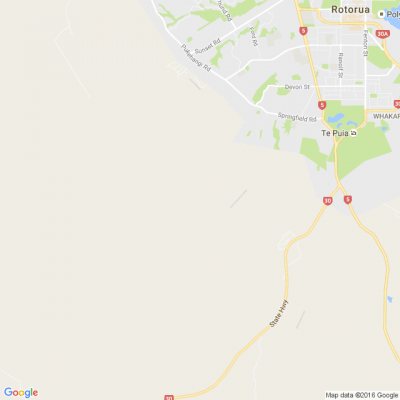
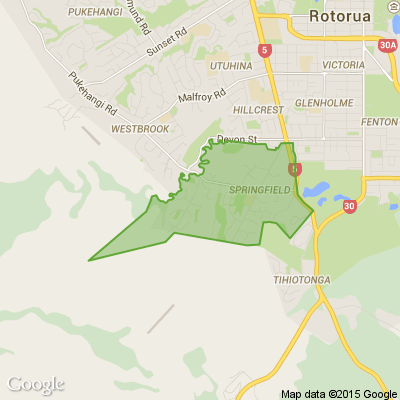





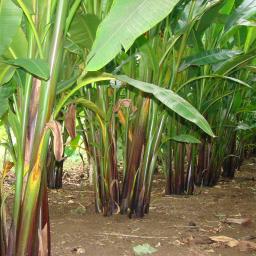
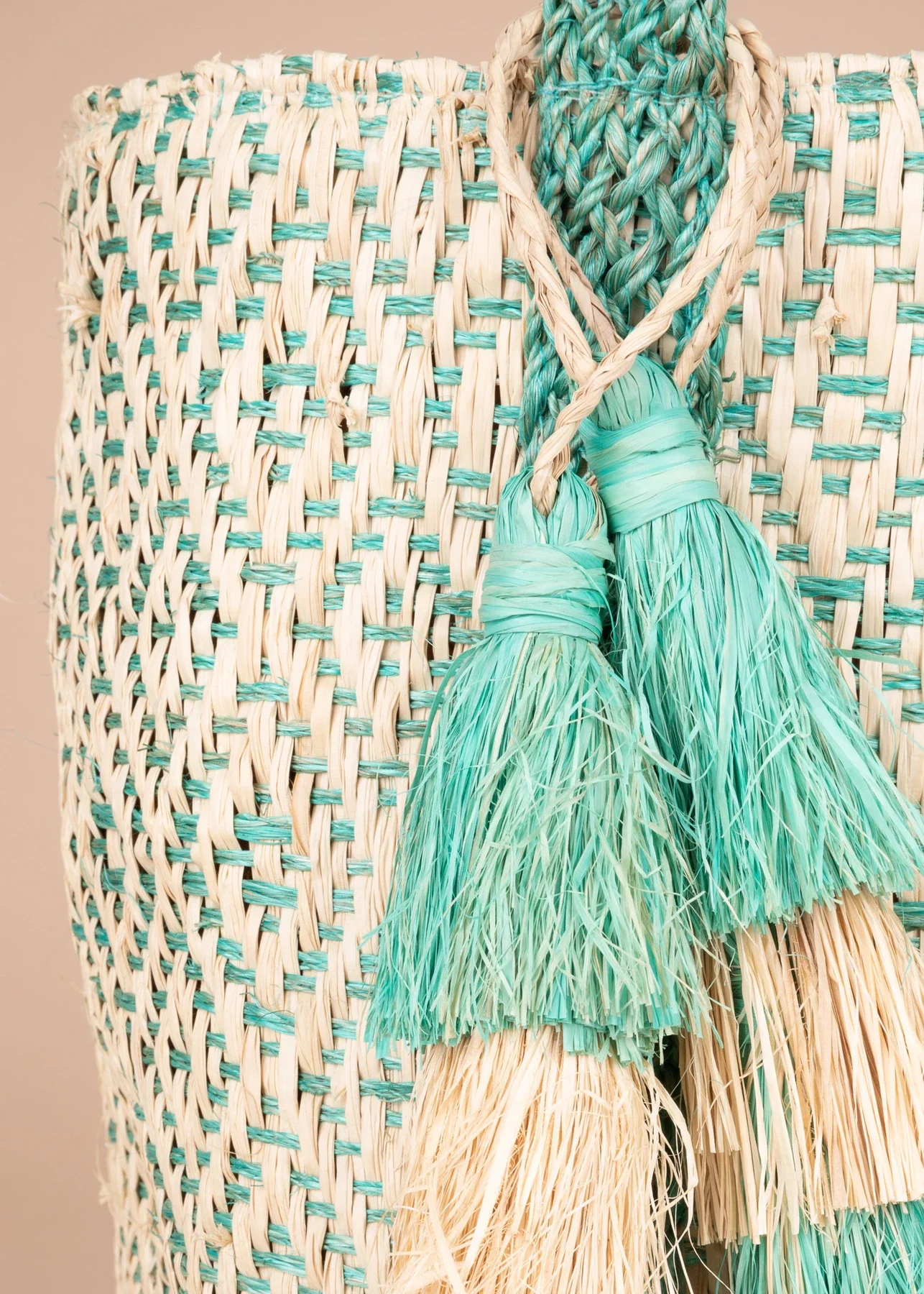
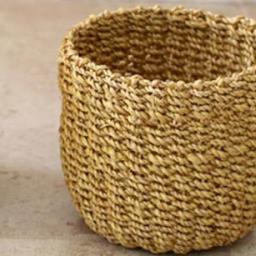
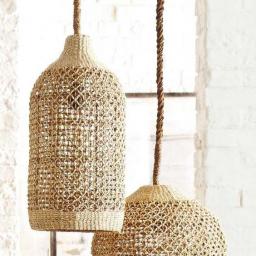
 Loading…
Loading…






